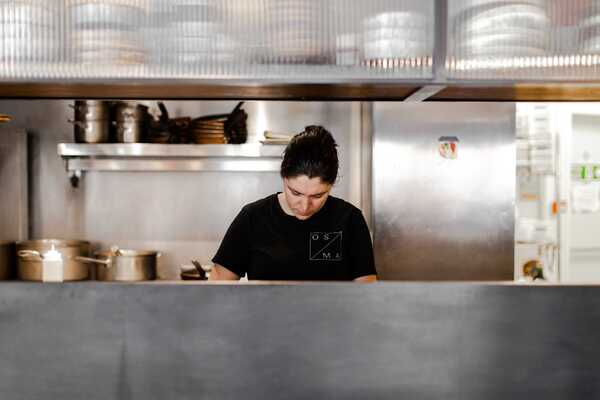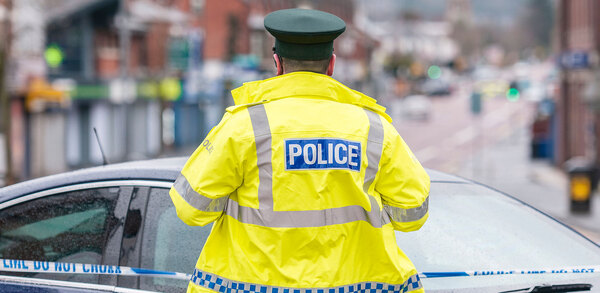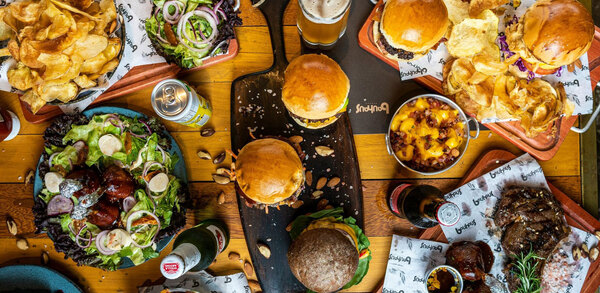Wake-up call: Plan ahead to keep customers safe
Nobody wants to expect the worst, but staff should be equipped with the knowledge of what to do in any situation, says Piers Warne
Customers come to hospitality venues to enjoy themselves, but now and again a couple of drinks turns into one too many, which presents challenges for managers and owners of hospitality premises. It’s important to understand responsibilities in terms of safeguarding customers, so businesses should be thinking about these issues when it comes to ensuring guests have the best experience possible while staying safe.
Drink spiking
Drink spiking isn’t just about drugging someone’s drink, it can also be deceiving someone about what their drink is or how much alcohol is in it. Buying someone a double rather than a single, or unknowingly adding a shot to someone’s drink all have consequences. Drink spiking is reasonably rare, but many reports of spiking come from people who are more drunk than expected because of having been deceived in this way. It’s important to never dismiss claims of drink spiking because of suspicions that victims are drunk rather than drugged. We advise to treat all claims with an open mind and ensure all customers are safe.
Overly intoxicated patrons
If not properly managed, overly intoxicated customers can lead to serious incidents where customers are harmed either because of their own actions or because of others.
The law is clear: it is an offence to sellalcohol to someone who is already drunk. There is also a duty of care to make sure anyone who has had too much to drink is not taken advantage of. Managers, owners and staff in bars and other hospitality premises have a duty to look out for customers and ensure everyone remains safe and happy.
Under-18s drinking
It is inevitable that groups of customers may contain guests under 18. Some may see it as harmless to buy under-age colleagues or companions the odd drink, but unless it is with a table meal and the person is over 16, doing so is illegal. It also carries some serious risks: what if the parents complain to the police that their child came home drunk?
We advise setting ground rules if there are suspicions that someone underage is in the group – double-checking ID and checking which drink is for who shows due diligence and will be a defence if there are any issues down the line. It is important that any ground rules are communicated and understood by all members of staff, and a record of this communication is kept on-site.
Ask Angela
Ask Angela is a national scheme being promoted by police forces and councillors. People who feel unsafe, vulnerable or threatened can discreetly seek help by approaching venue staff and asking for ‘Angela’. If this happens, the best thing to do is to take that person to one side, away from the people they are with, so they can discuss their concerns.
There is more information available at askforangela.co.uk
Counterterrorism
For city or town centre pubs, it is worth developing plans in the event of a terrorist attack. If premises have an outdoor area, owners and managers will need to consider what would happen if an incident causes panic with crowds running towards the business seeking shelter. Sheltering inside rather than trying to evacuate can be the better option, but taking a little time to plan can be critical, should the worst come to the worst.
We would advise providing dedicated training for all staff to remind them of the appropriate procedures to follow when faced with these specific issues.
Piers Warne is the legal director in national law firm TLT’s licensing team




















